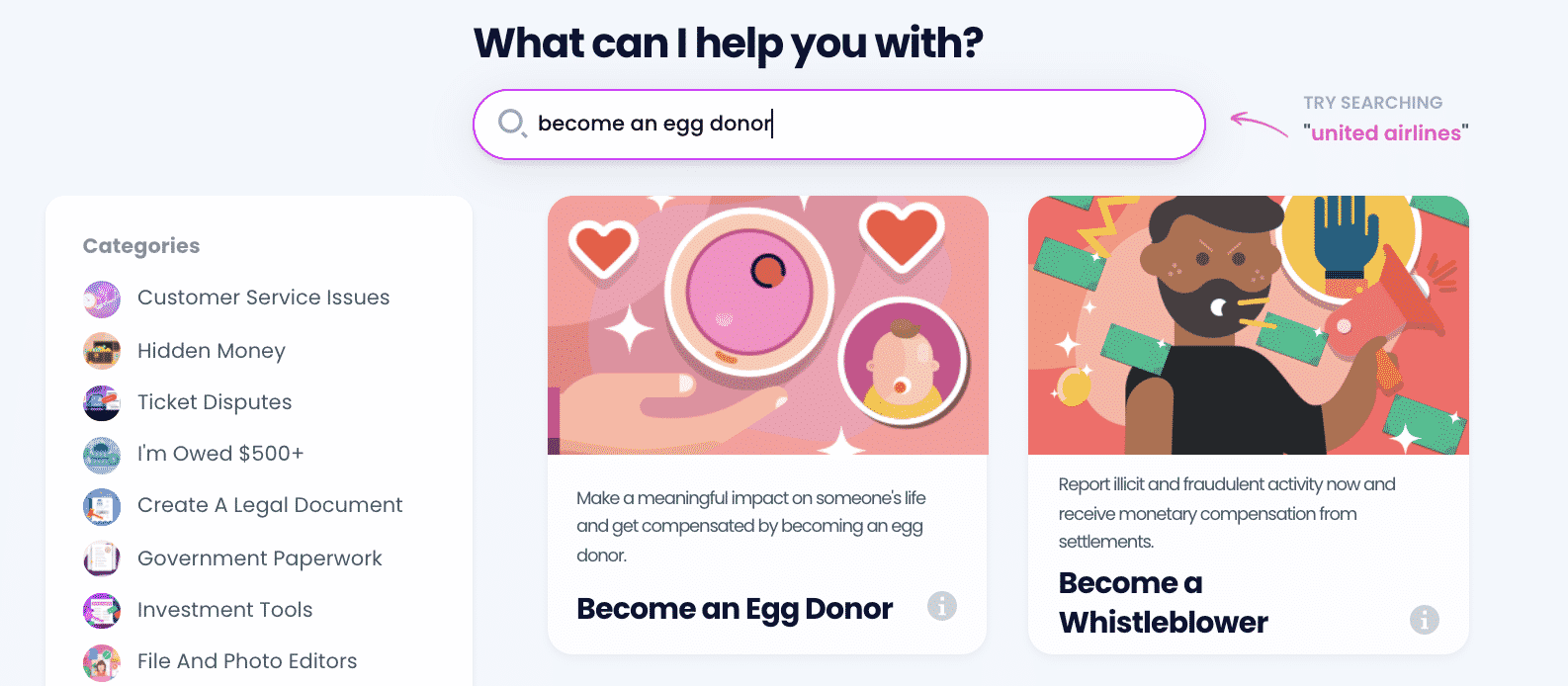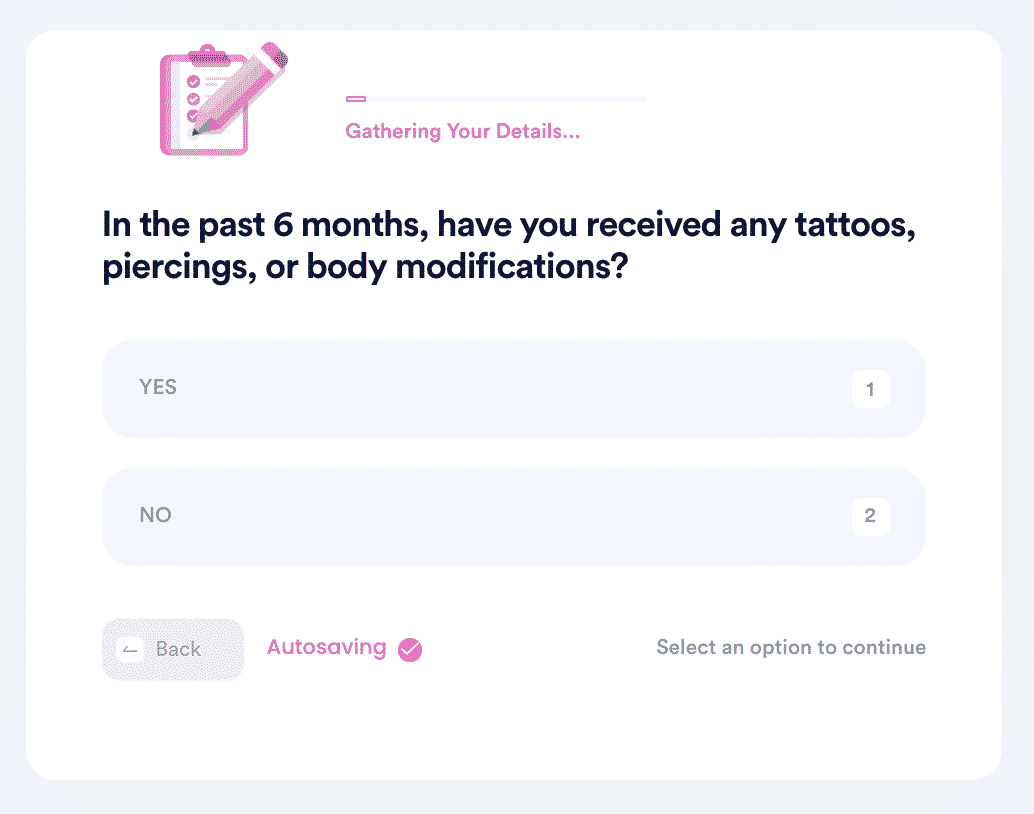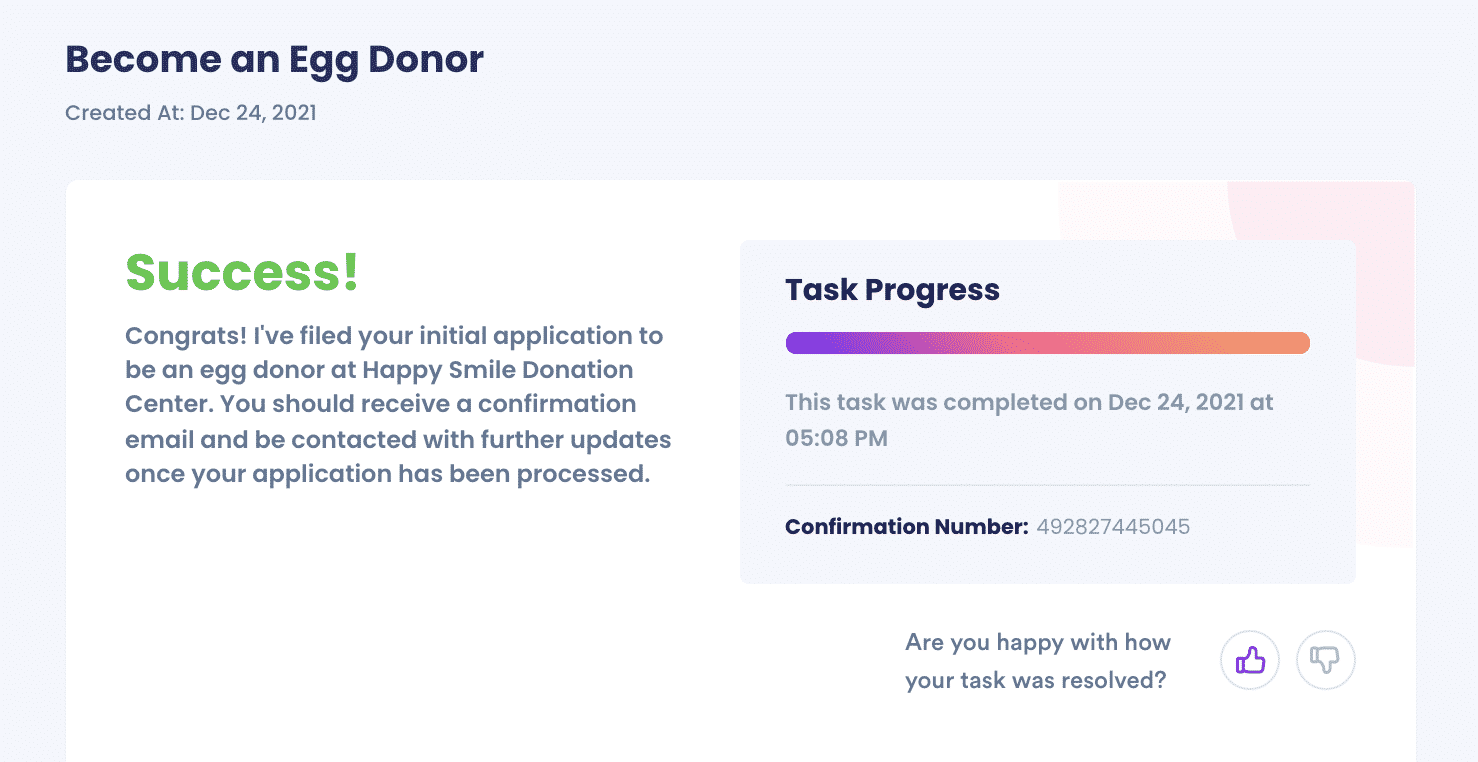What You Need To Know About Egg Donation In Delaware
Many women struggle with conceiving, and technology has made it possible to get children via egg donation.
involves fertile women of a certain age donating their eggs or oocytes to other women.
This process is part of a technology known as ART (Assisted reproductive technology). Different states have different policies, and egg donation in Delaware also has its rights and procedures.
What Is an Egg Donation?
The procedure involves the removal of eggs from the fertile donor.
The oocytes are fertilized in a lab, and the doctor transfers the embryos into the recipient's uteruses via implantation procedures like IVF (in vitro fertilization).
Sometimes, the doctors may freeze the embryos for future use or implantation in several women.
You may feel the need to help a woman in dire need of having a baby and go ahead with egg donation, which is not an easy process.
Did you know you can also get paid up to $10,000 for every donation?
You can opt to go ahead and do it on your own or use assistance in the form of an app like DoNotPay, AI-powered aid that makes the process easier.
What Does the Egg Donation Process Entail?
An egg donor is matched with the potential parents before the cycle begins. Screening for the egg donor must occur at the potential parents' chosen fertility center. An egg donor initial screening at the clinic involves several processes.
- Fertility screening: The donor ovaries are scrutinized to confirm they can produce eggs via blood tests and a physical (pelvic) exam. The egg donor may also undergo a vagina sonogram on the second or third menstruation day to determine her ovarian reserve and function.
- Genetic screening: The doctors evaluate the donor's family history to check for any possibility of genetic disorders and hereditary diseases. Testing includes blood tests to check for genetic diseases like sickle cell anemia, cystic fibrosis, Tay-Sachs's disease, etc.
- Medical screening: The doctors also test for the donor's blood type, general health, or drug use.
- Psychological Screening: The donor has sessions with a psychologist beforehand. It helps determine that she understands the full benefits and risks of the entire egg donation process and confirms she has the right motivation.
To start the cycle, the donor begins on birth control pills that synchronize both her and the recipient's menstruation cycles.
After the third week of the cycle, the donor gets a vaginal sonogram and starts self-injecting Lupron hormones daily for seven to 14 days.
After that, she self-injects a follicle-stimulating (FSH) hormone for about eight to ten days to grow her egg follicles. Before retrieval, the donor gets another STI (sexually transmitted infections) screening.
After the follicles mature enough, an HCG injection prepares the donor's ovaries for egg release. The retrieval of the eggs happens about 36 hours after the injection.
The doctor lightly sedates the donor via IV for egg retrieval. The doctor passes a needle via the vaginal wall to aspirate the liquid follicle using ultrasound for guidance.
The retrieval is a short, half-an-hour procedure, and after the retrieval, the donor stays for about an hour for monitoring before someone drives her home.
The donor can resume her routine a day after the procedure but avoid strenuous activities post-retrieval.
Egg Donor Eligibility
To become an eligible egg donor in Delaware, different companies may require different things. However, the basics include:
- Age 21-30 years
- No STIs
- Non-smoker
- No drug use
- Clear medical history
- BMI between 18 and 30
- No recently done tattoos
- Eligible to work and live in the US
- Regular menstrual cycles
How to Choose an Egg Donor Agency in Delaware
You can apply to various agencies to improve your chances. However, choosing the best agency can be tricky. The key considerations should be:
- The agency's compensation
- The expenses covered, such as medical insurance
- The location limitations
- How many times you can donate
- The time commitment frame
- Agency specializing in certain races/ ethnicities
Egg Donation Clinics in Delaware
Here are some egg donation clinics in Delaware:
| Name | Address | Phone Number | Compensation | Age Requirement |
| Family Inceptions | 1325 Satellite Blvd. NW, Ste. 606 Suwanee, GA 30024 | 844-404-BABY | $8,000 -$20,000 | 21-29 |
| Delaware Institute of Reproductive Medicine | 4745 Ogletown-Stanton Rd, Medical Arts Pavilion 1, Suite 111, Newark, DE 19713 | +1 302 738 4600 | $3,000- $5,000 | 21-30 |
| Precious Eggs Agency | 4735 Ogletown-Stanton Road M.A.P. 2, Suite #3217 Newark, DE 19713 | N/A | $8,000 | 21-29 |
Things to Keep In Mind as an Egg Donor in Delaware
Some things to note before donating eggs include:
- You can donate not more than six times on average.
- The process is quite time-consuming as you must undergo both physical and psychological screening.
- After screening, only a small percentage is eligible. Prepare for either outcome.
- If you have an STI history, the agency might reject your application
- The process can be quite painful.
How to Apply as an Egg Donor in Delaware
Go online and search for the egg donor agencies near you to apply as an egg donor. Apply on each agency's website.
Remember to check on the different tips we mentioned for choosing an agency. The process is lengthy and can take you up to one hour per site.
You either need to dedicate a whole day or choose a few agencies. Since you may not have time to dedicate yourself to this exercise due to school or work, you can find an alternative.
How DoNotPay Can Assist You to Become an Egg Donor
DoNotPay can help you increase your chances of an agency accepting your egg donor application. We ask you some questions to check your eligibility, and we'll apply to several reputable egg donor agencies on your behalf.
Here's how you can use DoNotPay to become an egg donor:
- Search "become an egg donor" on DoNotPay and confirm that you meet the eligibility requirements.

- Answer a series of eligibility questions about your medical history, so we can determine which donor agencies you can apply for.

- Verify your information and submit your single application! DoNotPay will then apply for multiple egg donor agencies near you on your behalf to maximize your chances of being accepted.

Once your application is processed and accepted, you should receive an email for the next steps!
Why Use DoNotPay?
For DoNotPay will painlessly solve your problem because it:
- Fast: DoNotPay spares you the endless hours spent filling out various agencies' application forms.
- Easy: You do not have to leave your home, and you can solve your problem from the comfort of your couch.
- Successful: DoNotPay ensures you get the best representation, increasing your chances of acceptance.
What Else Can DoNotPay Do?
DoNotPay can solve many problems such as:
- Neighbor Complaints
- Fight Workplace Discrimination
- Jump the Phone Queue for Any Company
DoNotPay's AI-powered app can make your life easier by solving your problems in the comfort of your home.


